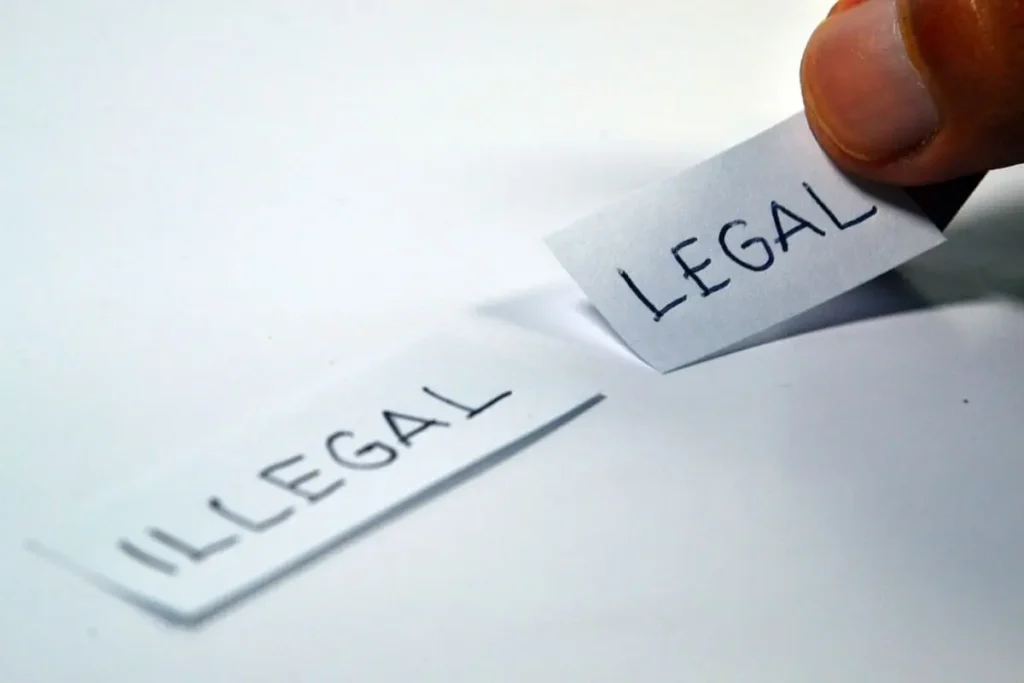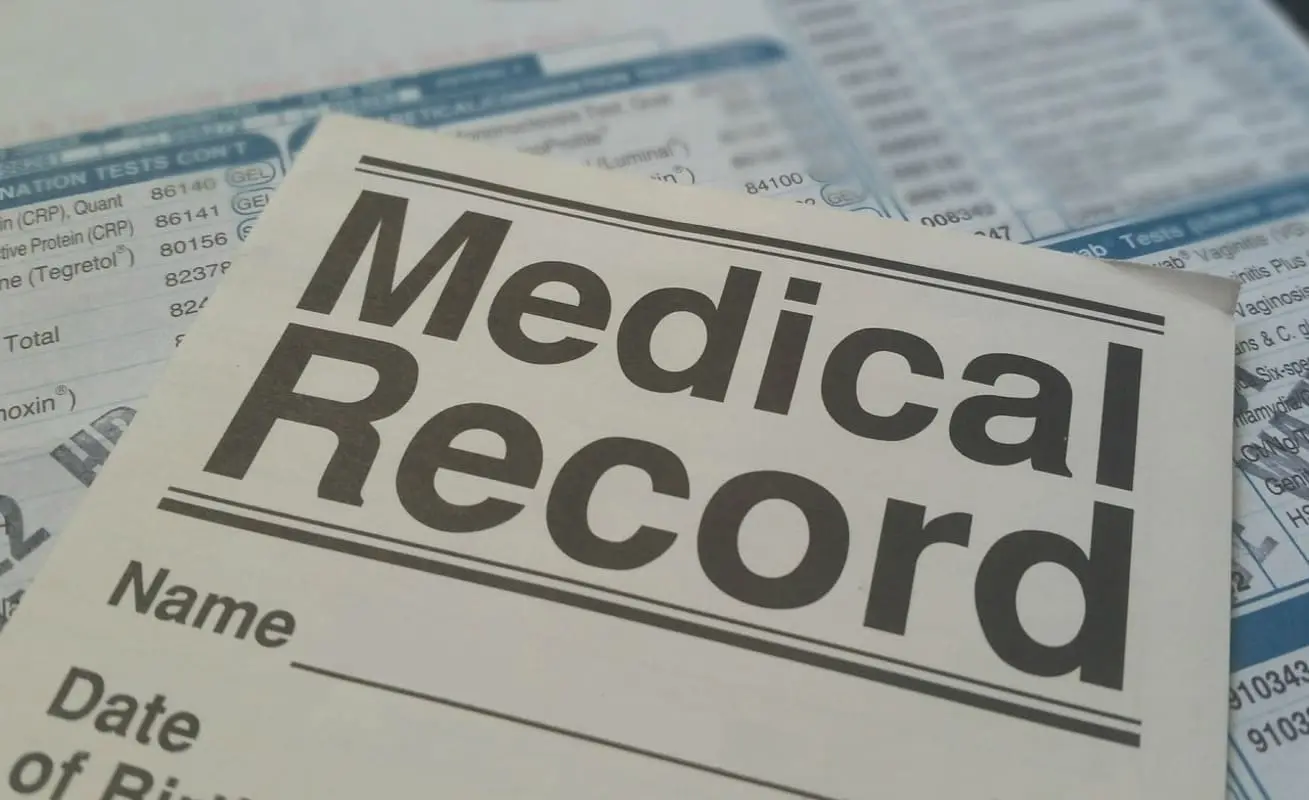Traveling is fun. You explore new sights, taste new dishes, and meet people from all over. Yet, if you’ve got health issues, traveling can become more difficult. The reason? Well, you might need your meds or have to talk about your health in places where folks don’t get your language. That’s where the “Medicine Passport” comes to the rescue.
In this article, we’ll cover the Medicine Passport. If you’ve got health challenges or are medicine, it’s an ace card to have in your pocket. We’ll dive into its perks and lay down steps to craft one just for you. We’ll also share tips on using it in other countries and what to know about the rules for taking medicines when you travel.
Being prepped is the key, especially health-wise. Nobody should be biting their nails over health stuff while on the go. With nifty tools like the Medicine Passport, globe-trotting gets a whole lot smoother. Ready to uncover more? Let’s roll! And a quick heads-up: the Medicine Passport gets the thumbs up mostly in Schengen countries. Elsewhere, you might need a doctor’s note for your medicine.
Personally I wish I did some research on this sooner, to help friends travel. I hope you can share this with your friends!
The Medicine Passport
A Medicine Passport, sometimes called a Medical Passport, is like a health booklet about you. Think of it as carrying your health story, especially handy when you’re on the move or traveling. This little book will have info about the medicines you’re taking now, ones you took before, and other important stuff, like if certain things make you sick or itchy.
Why should you carry one when traveling? Whilst in another country it is something good to have and not need it. But if you need it and do not have it, that’s a problem. For example, if you suddenly feel unwell, or if you don’t have direct access to your medicine bag, this passport can be super helpful. You can show it to any doctor or pharmacist, and they’ll know exactly what you need. u.
IMPORTANT: this Medicine Passport isn’t the same as the passport you use to travel between countries. But, if you have some special medicines, like strong pain pills or medicine for ADHD, you’ll need another note. This note comes from your doctor and it says those medicines are what you need. It’s not part of the Medicine Passport. (source: what is a medical passport)

Why Do You Need a Medicine Passport?
Going to a country where the language is different? A Medicine Passport can be a big help! It’s like a cheat sheet that tells doctors and pharmacists about your health. It’s super useful because it makes sure you and the local health folks understand each other, so there are no mix-ups. This is extra important for people who have a lot of health things to keep track of or take many medicines. With this passport, they can get the right care.
What if you lose your pills while you’re away? No worries! If you have a Medicine Passport, it tells the local doctor or pharmacy what you need. They can then give you new ones that are just right for you. This means less worry and hassle. You can get back to having fun on your trip (hopefully!), knowing you’re supplied with the medicine.
Recommended read: how to prevent dengue on your vacation
How to Create Your Medicine Passport or how do I get a medicine passport?
You can apply for the medical passport at your local doctor. The one who knows about your chronic condition. You would need to ask (maybe via appointment) about getting the medical passport and also a doctor’s note before you travel. It’s better to have it and not need it, and not have it when you need it.
Keeo your medicine passport up to date as things may change.
Using Your Medicine Passport Abroad
First off, always put your Medicine Passport somewhere safe but easy to reach, like in your hand luggage. That way, if things get tricky, you’ve got it right there. And, just in case, have a photo or copy of it on your phone or in your email. It’s always good to have a backup.
Next, if you go to a pharmacy in another country, show them your Medicine Passport. This can make communication easier, especially if they don’t speak the same language as you. If talking gets tough, think about using an app that translates for you. (Google Translate for example)
Lastly, if you see a doctor or nurse abroad, be ready to chat about your health stuff. Even with the Medicine Passport, they might not understand everything. So, be ready to talk about any the condition and medicine you use. The importance is making sure you’re being taken care off.
Legal Considerations for Traveling with Medication

Taking medicines with you when you travel is common, but there are rules you’ve got to follow. It’s really important to know the rules both where you live and where you’re going. Some medicine that are okay in one place might be forbidden in another country. So, always check the rules about your meds before you go somewhere new.
First up, keep all your meds in their original boxes with the pharmacy sticker on them. That sticker should have your name, what the medicine is, how to take it, and the doctor’s name who gave it to you. It’s kind of like your medicine’s ID card. It’s also important to have a note from your doctor. This note can tell people why you need so many.
But even if you do all this, there might still be bumps in the road. Some places are really strict about certain meds. Like, some pain pills might be seen as really strong drugs in some places. So, you might need a special paper or permit to take them with you. Always remember: saying “I didn’t know” won’t work if you break a rule. So when it comes to medicine and travel, it’s better to play it safe and by the rules! Do check if you can bring medicine into a country.
FAQs:
What is a medicine passport?
A Medicine Passport, sometimes called a Medical Passport, is like a health booklet about you. It carries your health story, especially handy when you’re on the move or traveling. This little book will have info about the medicines you’re taking now, ones you took before, and other important conditions of the holder.
Can I use my medicine passport in any country?
The use of a Medicine Passport may vary depending on the country. While it gets the thumbs up mostly in Schengen countries, elsewhere, you might need a doctor’s note for your medicine. Always check with the embassy of the country you are travelling to see if the medications they will carry are restricted or prohibited.
Are there any legal issues I should be aware of when traveling with medication?
Yes, each country has its own laws related to medicines. Medicines that are commonly prescribed or available over the counter in one country might be unlicensed or considered controlled substances in other countries. Some pills that are okay in one place might be forbidden in another country. So always check the rules about your meds before you go somewhere new. (source: traveling with medicine CDC)
Where can I get a medicine passport?
You can apply for a medical passport at your local doctor. Preferably the one who knows about your condition. You would need to ask (maybe via appointment) about getting the medical passport and also a doctor’s note before you travel.
Difference between passport and medicine passport?
A passport is an official document issued by a government, certifying the holder’s identity and citizenship and entitling them to travel under its protection to and from foreign countries. On the other hand, a Medicine Passport is not an official travel document but rather a personal health record that carries your health story, especially handy when you’re on the move or traveling. It contains information about your current and past medications and other important health information.
Hi I am Dwi. I am a blogger, travel agent and a mom of a lovely daughter and wife to a supportive husband. I customize and plan tours in Bali and islands nearby for a living and have been doing this for more than 14 years. Get in touch via contact [at] taletravels.com
